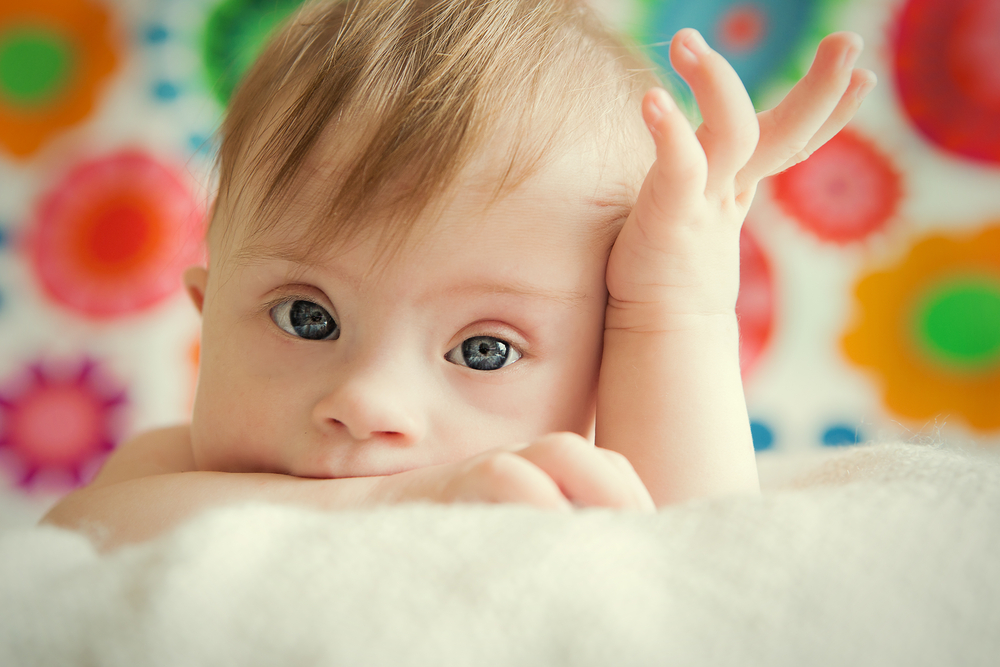It’s no secret that many women who receive a prenatal diagnosis of Down syndrome are put under immense pressure to have an abortion. But why does this happen? And what can be done to stop it?
Australian mom Danielle Bolt found out that her daughter had Down syndrome after having Chorionic Villus Sampling (CVS) testing. Bolt wanted the screening so she could prepare for any health problems her baby might have, but abortion was never an option for her. Her doctors tried to convince her to have an abortion anyway.
“I was told to terminate by the specialist,” she explained. “They literally said to me Noa will become a burden on society and she’s not worth it. It’s so cruel because they don’t know her potential.”
Her daughter, Noa, is now 21 months old and healthy and is a loving sister to her five-month-old sister, Maisie. “There’s nothing wrong with her … That approach there just devastated me,” Bolt said. And her goals for Noa’s future are simple. “I just hope that she’s accepted, more than anything… a whole change in attitude is what I’m looking for.”
Sadly, Bolt’s experience is hardly an anomaly. Another Australian mom, Ruth Eder, said she was treated the same way when prenatal screenings revealed that her daughter might have Down syndrome. “I had friends who were orderlies and things telling me that ‘oh many of these cases, they don’t come out nice… the doctors are recommending a termination, you should be going for it’,” Eder recalled. What got her through it was her faith.
“If it wasn’t for our faith I honestly think we might have listened to the doctors and had an abortion,” she said. “I actually go around now and talk to people and say, this is the child they told me I should have been terminating.”
Statistics bear out both Bolt’s and Eder’s experiences. According to Down Syndrome Australia, the rate of babies with Down syndrome born in Australia is one in 1,100…whereas globally, the rate is one in 700. Why? “This is lower than the worldwide rate of around 1 in 700 because of the high termination rates in Australia,” the website states. Approximately 95 percent of babies diagnosed prenatally with Down syndrome are aborted in Australia.
In the United States, things aren’t much better. Only 11 percent of women who receive a prenatal Down syndrome diagnosis say the experience was a positive one. One study found that 40 percent of junior fellows called their training on how to deliver a Down syndrome diagnosis to be “barely adequate or nonexistent”; another found that only 63 percent of doctors said they tried to be unbiased, while 13 percent admitted to pressuring mothers to abort by emphasizing the negative aspects of Down syndrome.
The reality of Down syndrome is that medical advances mean that there has never been a better time to have a child with Down syndrome. People with Down syndrome are living longer, fuller, healthier lives. They go to school, work, have meaningful friendships, get married. Yet there are too many times that parents are not told that; instead, they’re told that their children will be burdens – “vegetables” who will never walk or talk or accomplish anything. It’s not only inaccurate; it’s unethical.
But most importantly, children with Down syndrome shouldn’t be targeted for abortion because, like everyone else, their lives have intrinsic value and dignity, just like every other human being. They don’t deserve to be marked for execution before they’re even born, simply because they have an extra chromosome.








